A wise teacher was once discussing how to influence one’s behavior with his students.
“The human being is capable of controlling their emotions and actions,” he explained, “it simply begins with what one allows into their head. What you think about, you will speak about, which will eventually lead to your actions.”
The students countered his claim: “We can’t actually control our thoughts – they just knock on our door without permission! It’s simply not up to us!”
With a twinkle in his eye, the teacher answered, “True, you cannot control who knocks, but you can indeed control who enters. Not every stranger is invited in…”
This concept is clearly illustrated with the pay-per-click ads we have today. Think about it: Billions of dollars are invested to make an ad attractive, target the right market and have it pop up with the right search words – yet everything depends on our decision to click on it. Yes, the marketing companies are trying hard to influence us, but the final decision is ours.
This is the meaning of “free choice” – we have an array of options, but ultimately, the choice to open the door to whatever power of influence lies before us and is solely our own.
Abstract as it may seem, that which influences our behavior actually begins in the world of thought. We tend to pay little attention to our seemingly spontaneous musings, but in truth, the invitation we give to our thoughts is what eventually gives birth to our actions.
Consider this: Facebook, Google, and Apple all started out as just a thought!
Every achievement, big or small, is first born in the mind. Even if you can’t possibly imagine an end product, don’t devalue those powerful brainwaves. Everything begins with a thought!
Takeaway:
Remember the power of your thought, for that is the key to all change and action. Do you know someone who is going through a hard time? Take a minute to think about how you can help. Even if you can’t possibly imagine an end product, don’t devalue those powerful brainwaves. Everything begins with a thought!
Shabbat Shalom,
Rabbi Mendy



